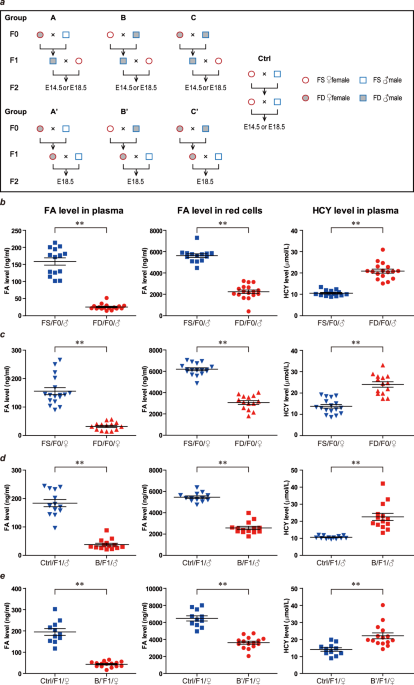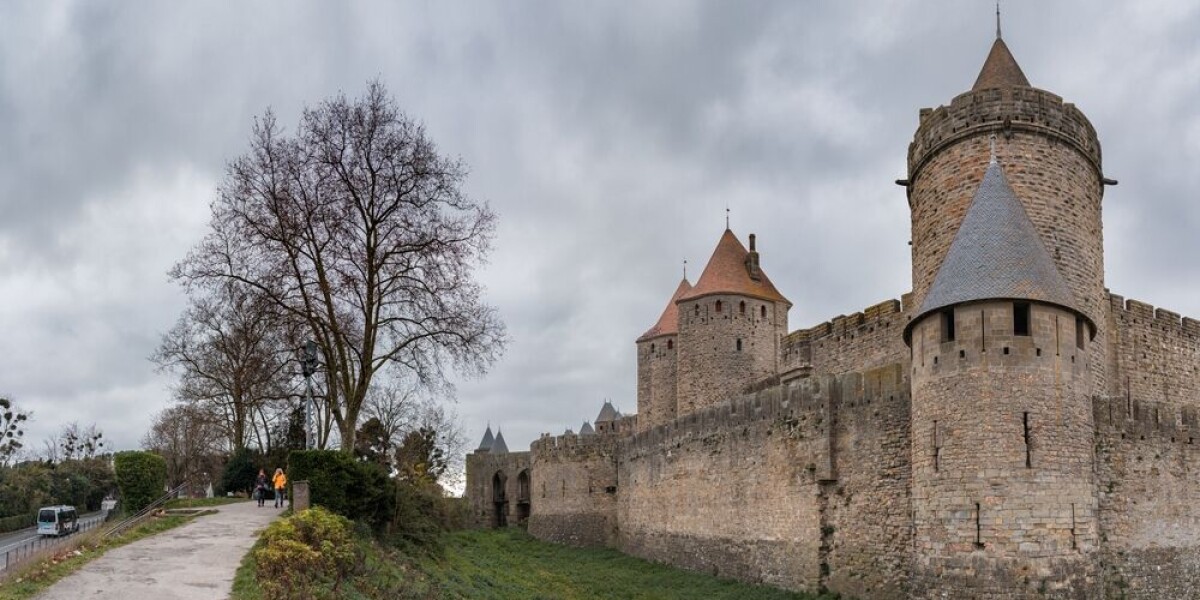- Select a language for the TTS:
- UK English Female
- UK English Male
- US English Female
- US English Male
- Australian Female
- Australian Male
- Language selected: (auto detect) - EN
Play all audios:
ABSTRACT AMONG Diptera the most assiduous visitors of flowers are certain Syrphidæ, which, elegantly coloured themselves, are fond of splendid flower-colours, and, before eating pollen or
sucking nectar, like to stop a while, hovering free in the air, in front of their favourites, apparently fascinated, or at least delighted, by the brilliancy of their colours. Thus I
repeatedly observed _Syrphus balteatus_ hovering before the flowers of _Verbascum nigruim_ often _Melanostoma mellina_, and _Ascia podagrica_ before _Veronica chamædrys;_ in the Alps the
lank _Sphegina clunipes_ before _Saxifraga rotundifolia_, and in my garden _Ascia podagrica_ before _Saxifraga umbrosa_. Access through your institution Buy or subscribe This is a preview of
subscription content, access via your institution ACCESS OPTIONS Access through your institution Subscribe to this journal Receive 51 print issues and online access $199.00 per year only
$3.90 per issue Learn more Buy this article * Purchase on SpringerLink * Instant access to full article PDF Buy now Prices may be subject to local taxes which are calculated during checkout
ADDITIONAL ACCESS OPTIONS: * Log in * Learn about institutional subscriptions * Read our FAQs * Contact customer support AUTHOR INFORMATION AUTHORS AND AFFILIATIONS * Lippstadt, Germany
HERMANN MÜLLER Authors * HERMANN MÜLLER View author publications You can also search for this author inPubMed Google Scholar RIGHTS AND PERMISSIONS Reprints and permissions ABOUT THIS
ARTICLE CITE THIS ARTICLE MÜLLER, H. “Saxifraga umbrosa” adorned with Brilliant Colours by the Selection of Syrphidæ. _Nature_ 22, 219 (1880). https://doi.org/10.1038/022219c0 Download
citation * Issue Date: 08 July 1880 * DOI: https://doi.org/10.1038/022219c0 SHARE THIS ARTICLE Anyone you share the following link with will be able to read this content: Get shareable link
Sorry, a shareable link is not currently available for this article. Copy to clipboard Provided by the Springer Nature SharedIt content-sharing initiative







